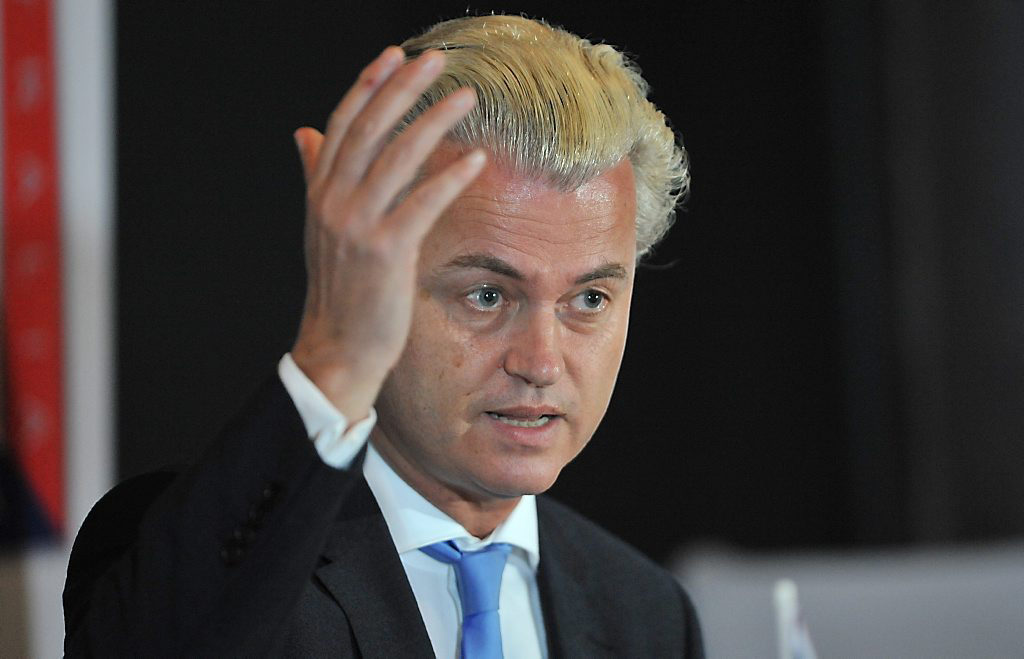Australia/Israel Review
The Last Word: On the Wilders Side
Feb 26, 2013 | Jeremy Jones

Jeremy Jones
When it was confirmed that the controversial Dutch MP Geert Wilders would be visiting Australia, supporters of Australia’s model of cultural diversity considered the most appropriate responses.
Given that Australia has a raft of federal and state laws designed to protect targets of racist demonisation and harassment and, in some constituencies, religious vilification, there was a strong argument that he would either respect our laws or deal with the consequences.
A loose network of organisations, which have been central to building an Australia premised on maximising the opportunity of each and every resident to contribute to their own and to our nation’s well-being, promoted the message that the best counter to views antithetical to this was a positive promotion of Australia’s unique multiculturalism.
The key support base for the Dutch parliamentarian also did their best to frame arguments in the language of Australian values. However, this was not a simple matter given their guest’s demeaning assertions concerning the living faith of hundreds of thousands of Australians, and insistence on simplistically conflating the religion of Islam with the extremist political ideology of Islamism.
In the days immediately prior to the visit, it was interesting to observe the internal debates taking place within a number of Muslim groups and supporters of constructive religious diversity, as well as amongst the ranks of opponents of Muslims and immigration.
Significant Muslim Australian personalities were, if reluctantly, advocating calm and reason. Why risk someone who is on the (intellectual) offensive being able to become the victim, they asked. Further, why risk violent, angry, unattractive protesters/rioters replicating the repulsive scenes after the publicity given to a YouTube video ridiculing the Muslim prophet Muhammad last year?
The opposing, sincere, view was that the Wilders’ visit was of fundamental significance and the Australian public needed to know the level of upset and offence he was causing.
The groups and organisations which, over decades, have worked to assist the development of Islam alongside Christianity, Judaism, Hinduism, Buddhism, Sikhism, Bahai, Atheism, Agnostism and other guiding principles Australians incorporate in their identities, generally advised a positive, rather than defensive, posture.
Of course, the self-righteous bully boys and girls of the far left were always up for a chance to grandstand, regardless of the consequences for Muslim Australia.
On the anti-Muslim fringes, there was also some debate. Picking up on some of the gross and somewhat bizarre antisemitism expressed by some supporters at anti-Wilders demonstrations, a number of extreme right wingers determined that Wilders was insufficiently racist for their tastes and did not deserve any support.
Others might not have disagreed with that analysis of Wilders, but would not resist an opportunity to stand against Muslims.
It would be naive to believe that there will not be people in Australia who find Geert Wilders’ analysis to match their perception of what they see as a challenge to liberal democratic societies. It is important that counter views are as accessible and seen to match with observable realities.
Within political circles, serious opponents of Wilders’ ideas and agenda generally opted to assert the values of tolerance and the centrality of freedom of speech alongside freedom of religion and freedom from bullying and vilification.
Disentangling critiques of political agendas from those of religious belief and practise – the latter so fundamental to the ways many human beings seek to live good and decent lives as individuals and community members – can be complex, particularly when passions override dispassionate analysis.
As a society we accept the benefit of laws against false advertising, defamation and libel. However, there is an ever-present difficulty in determining just where and when the limits on free speech are best set, given both the importance of having issues examined and debated with the maximum of vigour to allow for the best of judgements in each and every area of public policy, and the fact that few would argue that building an harmonious society is a goal of the highest value.
Tags: Australasia






